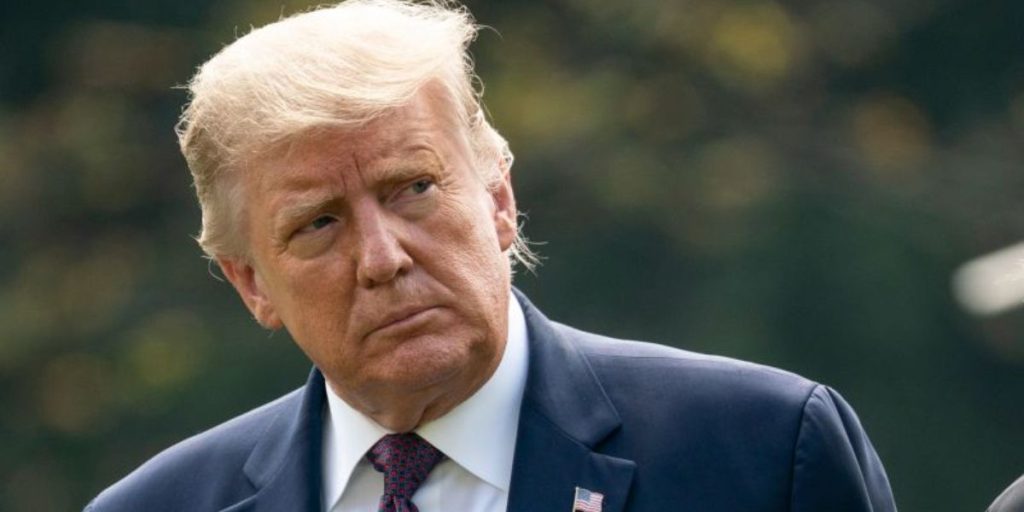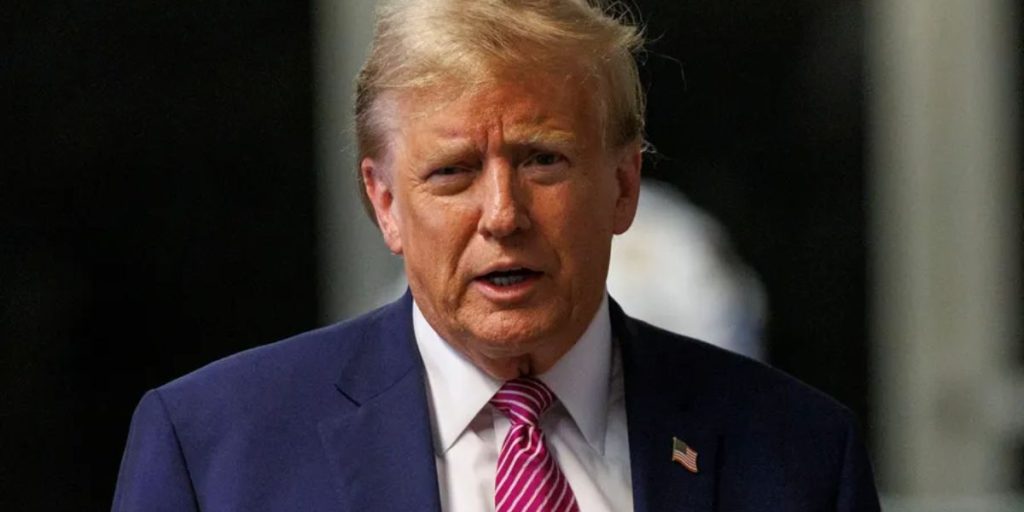House Democrats have introduced legislation that would remove Secret Service protection from convicted felons sentenced to prison, a move aimed directly at former President Trump, who is currently on criminal trial in New York City for alleged hush money payments made during the 2016 election campaign and faces several other charges that could land him in prison.
Rep. Bennie Thompson, D-Miss., the former chair of the now-defunct Jan. 6 congressional committee, submitted legislation that would instantly revoke Secret Service protection for anybody convicted of a federal or state felony with a minimum one-year prison sentence.
The proposed measure is titled “Denying Infinite Security and Government Resources Allocated to Convicted and Extremely Dishonorable (DISGRACED) Former Protectees Act.”

“Unfortunately, current law doesn’t anticipate how Secret Service protection would impact the felony prison sentence of a protectee—even a former President,” Thompson stated in a press release.
“It is regrettable that it has come to this, but this previously unthought-of scenario could become our reality.”
A so-called “fact sheet” accompanying Thompson’s statement notes that Trump is facing “unprecedented 91 felony charges in federal and state courts,” creating a “new exigency that Congress must address to ensure Secret Service protection does not interfere with the criminal judicial process and the administration of justice.”
The one-page paper also notes that the law would apply to former President Trump if he is convicted of a felony, as well as all Secret Service protectees who are convicted and sentenced on felony charges.
It observes that the present law does not address how Secret Service security would be given to a protectee serving a jail term, which may create logistical challenges for both the Secret Service and prison authorities.
According to Thompson, the proposed bill would avoid the problems associated with imprisoning former President Trump if he is sentenced to jail time.
“Therefore, it is necessary for us to be prepared and update the law so the American people can be assured that protective status does not translate into special treatment—and that those who are sentenced to prison will indeed serve the time required of them,” Thompson said in a statement.

It would also address claims that any future conviction of Trump would end in house confinement rather than prison time, given his Secret Service protection.
“This bill would remove the potential for conflicting lines of authority within prisons and allow judges to weigh the sentencing of individuals without having to factor in the logistical concerns of convicts with Secret Service protection,” according to the bill.
Current and former presidents, as well as their families, are protected by the Secret Service, as are other high-ranking officials. Following Senator Robert F. Kennedy’s killing in 1968, protection was extended to major party presidential hopefuls; nevertheless, his son has not received Secret Service protection for his 2024 independent bid.
In addition to the hush money trial, Trump is charged in Georgia with attempting to overthrow the 2020 election in a racketeering case. He also faces trials in Florida for allegedly hoarding confidential White House records and in Washington, D.C., where he is accused of conspiring to alter the results of his electoral loss.
He has pled not guilty to all counts.